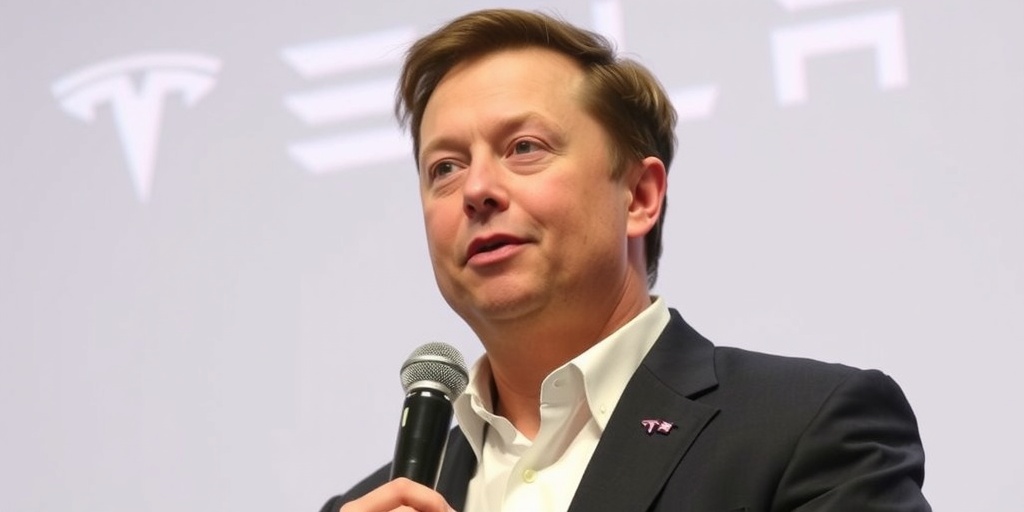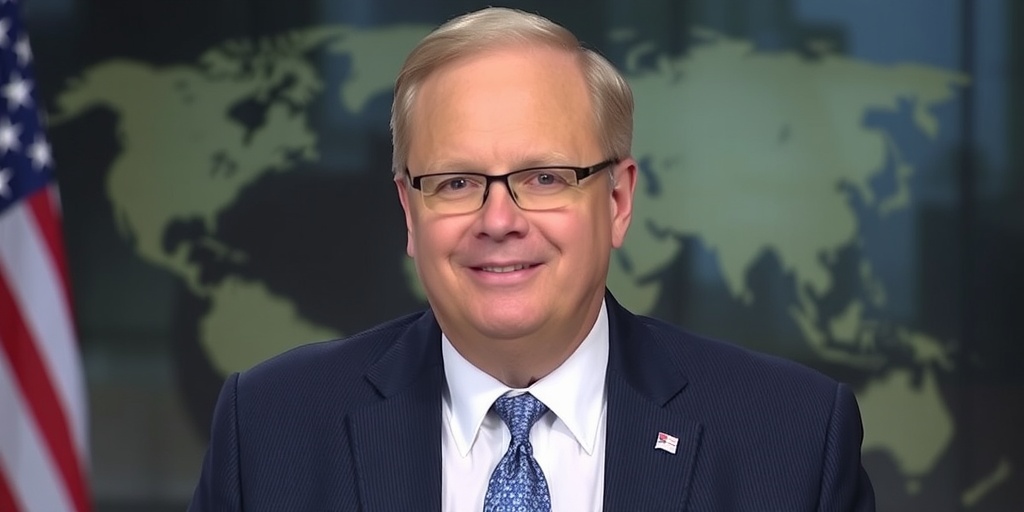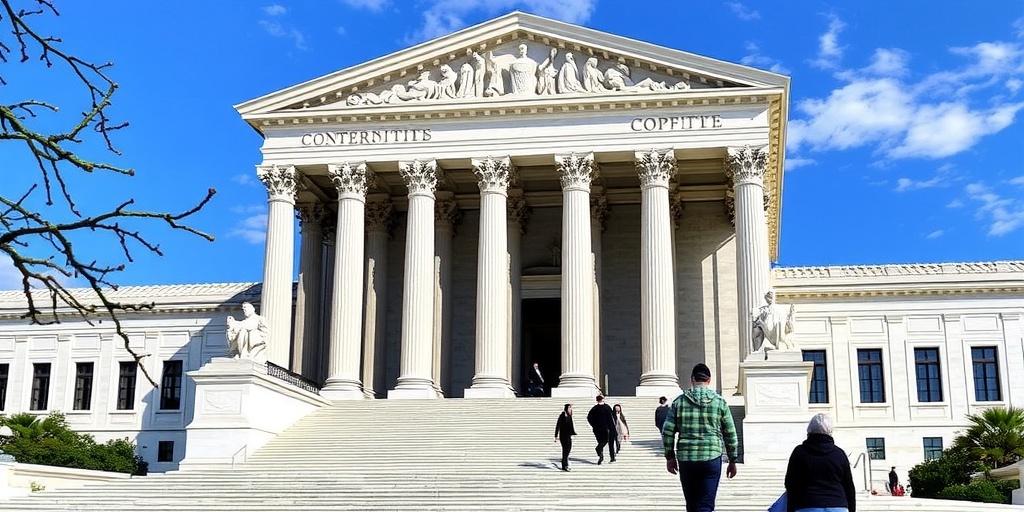Now Reading: Tesla Shares Drop as Musk’s Political Influence Divides Opinions
-
01
Tesla Shares Drop as Musk’s Political Influence Divides Opinions
Tesla Shares Drop as Musk’s Political Influence Divides Opinions

Tesla Shares Plunge Amid Falling Sales and Political Backlash
On Monday, Tesla Inc. witnessed a dramatic decline in its stock prices, reaching levels not seen since before the recent Election Day. This downturn reflects growing investor concerns over diminishing sales figures and escalating public protests regarding the controversial political involvement of Elon Musk, the company’s CEO.
In midday trading, shares of the electric vehicle manufacturer plummeted by more than 11%, contributing to an overall loss of over 50% since its peak in mid-December. This stark drop significantly exceeded the 2% decline experienced by the broader S&P 500 index, marking a troubling day for Tesla and its stakeholders. The rapid appreciation in Tesla’s stock prices that followed Donald J. Trump’s election as President, coupled with Musk’s informal role as a government cost-cutting leader, has since evaporated along with more than $700 billion in stock market value.
Investors previously held optimistic expectations that Musk’s financial backing of the Trump campaign and his established connections within the current administration would provide benefits to Tesla, potentially easing regulatory challenges associated with the company’s autonomous driving technologies. However, the reality has proved otherwise.
As Musk’s visibility in Washington has grown, it has increasingly become a focal point of concern for investors. There are worries that he has diverted too much time and attention away from his responsibilities at Tesla at a moment when sales figures are alarmingly low. Recent data indicates a sharp drop in Tesla’s sales numbers, particularly in Europe, reflecting a broader trend of declining interest in the brand during a critical time.
Last month, protests have intensified against Musk, particularly related to his role in the cutbacks affecting public sector jobs, including park rangers and various civil servants, alongside significant reductions in foreign aid and social programs. The political fallout from Musk’s actions has drawn ire from the public, which is clearly affecting consumer appetite for Tesla’s vehicles.
Incidents over the past week have underscored the gravity of the backlash. Just outside Boston, individuals set fire to charging stations designed for Tesla vehicles, while incidents of gunfire targeting a Tesla dealership in Oregon were reported. In Lower Manhattan, protests culminated in arrests at a Tesla dealership during a demonstration, as discontent with Musk’s political choices grows stronger among the public.
Notably, the political repercussions engendered by Musk’s outspoken support for far-right political entities in Europe have correlated with dismal sales figures in the region. Reports indicate a staggering 76% decline in Tesla’s sales in Germany, Europe’s largest automobile market. Compounding these challenges is the realization that Tesla is facing intensified competition in the electric vehicle market, alongside a lack of new model releases that might invigorate consumer interest.
In a recent revelation, it was disclosed that Volkswagen managed to sell more electric vehicles outside of China than Tesla did in January, according to data published by SNE Research, a reputable research and consultancy firm based in South Korea. This shift further emphasizes the urgent need for Tesla to reevaluate its market strategies and adapt to the rapidly changing automotive landscape.
Moreover, while Tesla may navigate trade conflicts—in large part due to its unique position in the market—it could still find itself adversely affected by deteriorating diplomatic relations with China. Given that Tesla’s largest factory is situated in Shanghai, the company relies heavily on this facility for producing cars destined for the lucrative Chinese market as well as for exports to Europe and other global regions.
As the situation evolves, it is clear that Tesla faces a multifaceted set of challenges encompassing both internal and external factors. With diminished sales, heightened competition, and a politically charged atmosphere surrounding its leadership, the future stability of Tesla hinges on its ability to regain investor confidence, enhance its product offerings, and effectively navigate the complex political landscape in which it finds itself embedded.
In conclusion, the current state of Tesla’s affairs serves as a stark reminder of the vulnerability of even the most celebrated tech companies to external pressures, ranging from political dynamics to market competition. Investors and stakeholders will be keenly watching how the company adapts to these challenges in the coming months as it strives to reclaim its former position as a leader in the electric vehicle sector.
Stay Informed With the Latest & Most Important News
Previous Post
Next Post
-
 01New technology breakthrough has everyone talking right now
01New technology breakthrough has everyone talking right now -
 02Unbelievable life hack everyone needs to try today
02Unbelievable life hack everyone needs to try today -
 03Fascinating discovery found buried deep beneath the ocean
03Fascinating discovery found buried deep beneath the ocean -
 04Man invents genius device that solves everyday problems
04Man invents genius device that solves everyday problems -
 05Shocking discovery that changes what we know forever
05Shocking discovery that changes what we know forever -
 06Internet goes wild over celebrity’s unexpected fashion choice
06Internet goes wild over celebrity’s unexpected fashion choice -
 07Rare animal sighting stuns scientists and wildlife lovers
07Rare animal sighting stuns scientists and wildlife lovers





















